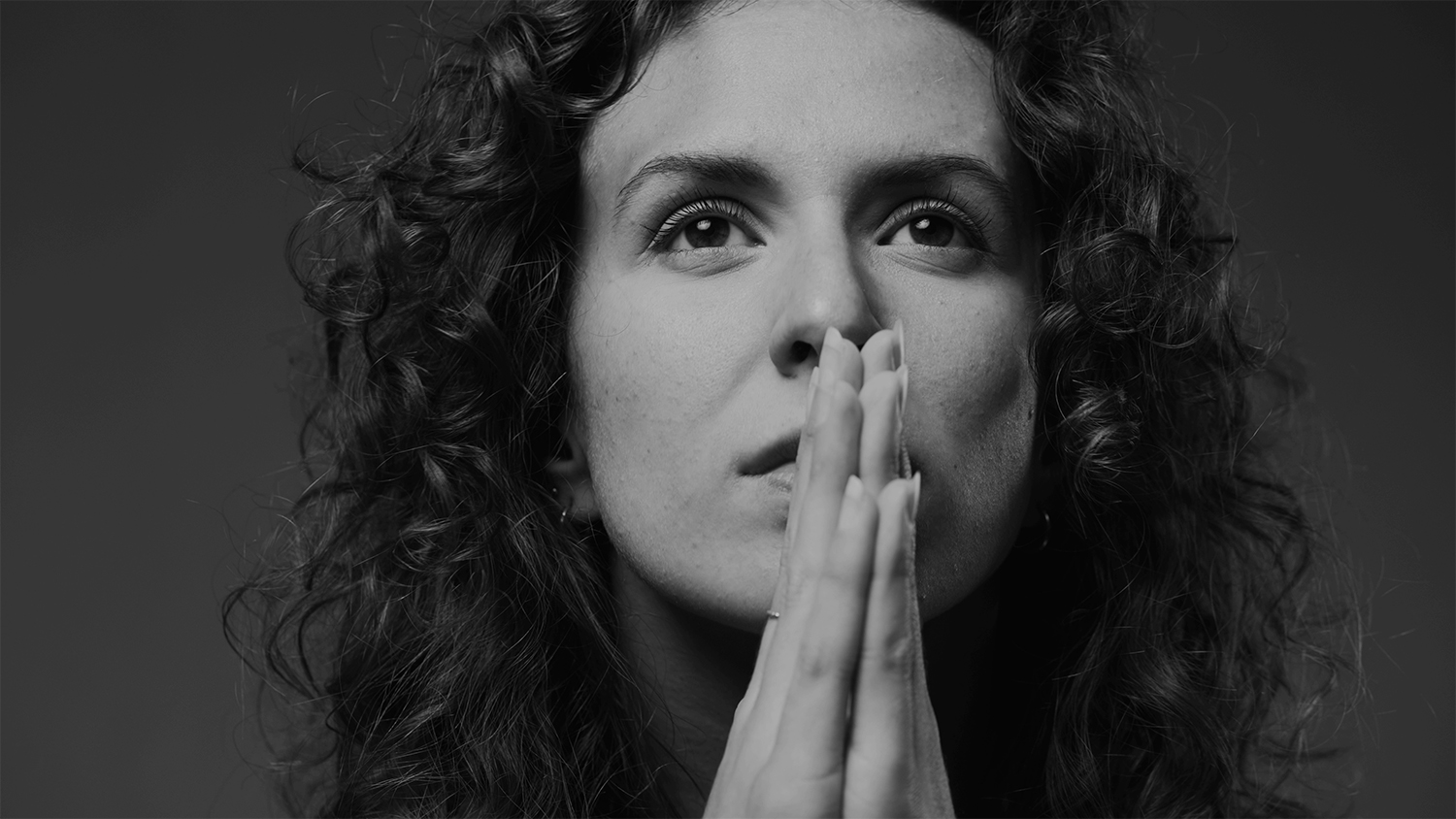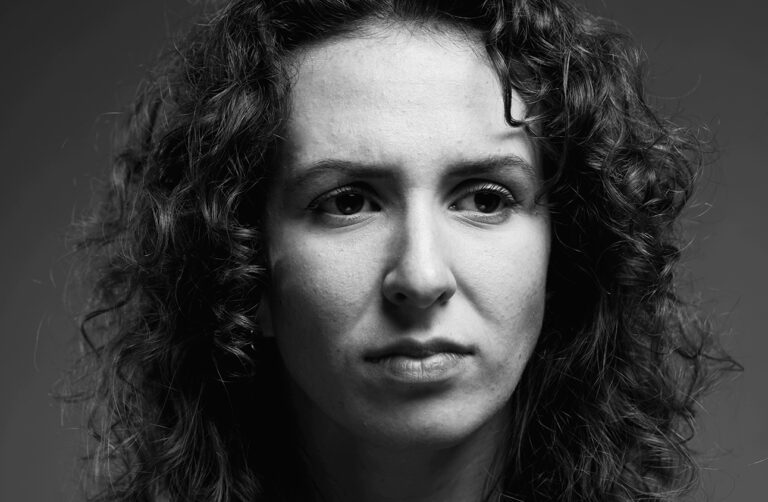 I’ve been thinking a lot lately about the benefit of the doubt. In times of stress, when we are coming from a sense of scarcity, when life feels like a zero-sum game, or when the odds feel stacked against us, it is so easy to assume that the person who just cut us off and made us miss the light somehow did it TO us. It is so easy to assume that our partner who left that dish in the sink was being lazy rather than forgetful. It is easy to assume that our child is being stubborn or defiant on purpose, rather than just being overwhelmed. I’m going to suggest, though, that giving others the benefit of the doubt may be one of the best things we can do for our relationships. This is not to say that harmful behavior is okay, or that you need to subject yourself to it. It isn’t even to say that you should assume the best possible interpretation of someone’s behavior. What I mean by giving someone the benefit of the doubt is to stay curious about what’s going on rather than jumping to a negative conclusion. I think that if we give each other the benefit of the doubt a little more, we’ll find it is often warranted and people usually mean well.
I’ve been thinking a lot lately about the benefit of the doubt. In times of stress, when we are coming from a sense of scarcity, when life feels like a zero-sum game, or when the odds feel stacked against us, it is so easy to assume that the person who just cut us off and made us miss the light somehow did it TO us. It is so easy to assume that our partner who left that dish in the sink was being lazy rather than forgetful. It is easy to assume that our child is being stubborn or defiant on purpose, rather than just being overwhelmed. I’m going to suggest, though, that giving others the benefit of the doubt may be one of the best things we can do for our relationships. This is not to say that harmful behavior is okay, or that you need to subject yourself to it. It isn’t even to say that you should assume the best possible interpretation of someone’s behavior. What I mean by giving someone the benefit of the doubt is to stay curious about what’s going on rather than jumping to a negative conclusion. I think that if we give each other the benefit of the doubt a little more, we’ll find it is often warranted and people usually mean well.
We humans think we are great mind readers. We make assumptions all the time about what others are thinking and feeling. We also assume they have a window into our own experience. But we are NOT good mind readers. People don’t know what we’re thinking or feeling, and our assumptions about them are often wrong too. We tend to fill in the blanks with our worst fears and most dreaded outcomes. We all do it to each other all the time. If you are shy and quiet, people who are sensitive to rejection might assume you are aloof, distant, or snobby. If you are frowning, someone who thrives on being helpful may assume you’re sad while someone who is a people pleaser may read annoyance or anger. If you sigh, a partner or child who is quick to feel criticized may jump to the conclusion that you’re angry at them and leap into a defensive crouch. Then, all of a sudden, we are interacting based on these assumptions we haven’t paused to test and often don’t even realize we’ve made. This is where the benefit of the doubt comes in. It is not always easy to find, but I think it’s one of the most valuable things we can offer one another. Can I pause and ask myself if there is a more generous or balanced explanation for what is happening?
about what others are thinking and feeling. We also assume they have a window into our own experience. But we are NOT good mind readers. People don’t know what we’re thinking or feeling, and our assumptions about them are often wrong too. We tend to fill in the blanks with our worst fears and most dreaded outcomes. We all do it to each other all the time. If you are shy and quiet, people who are sensitive to rejection might assume you are aloof, distant, or snobby. If you are frowning, someone who thrives on being helpful may assume you’re sad while someone who is a people pleaser may read annoyance or anger. If you sigh, a partner or child who is quick to feel criticized may jump to the conclusion that you’re angry at them and leap into a defensive crouch. Then, all of a sudden, we are interacting based on these assumptions we haven’t paused to test and often don’t even realize we’ve made. This is where the benefit of the doubt comes in. It is not always easy to find, but I think it’s one of the most valuable things we can offer one another. Can I pause and ask myself if there is a more generous or balanced explanation for what is happening?
In the next few weeks, I’m going to be going through a series of situations and relationships where we can practice the benefit of the doubt. First, though, I’m going to talk about giving it to ourselves. We cannot offer to someone else what we are not first able to offer ourselves. So, the place to start practicing the benefit of the doubt is with you. When we are trying to make a change or build a skill, the first step is always bringing awareness to the issue. Can you start to notice when you’re assuming the worst of yourself?  Are you calling yourself lazy when you might just be tired? Are you thinking you’re mean when maybe you lashed out because you felt defensive and hurt? Are you calling yourself a bad parent instead of recognizing that a hard moment overwhelmed you? I’m willing to bet that a lot of us spend a lot of time telling ourselves we suck rather than giving ourselves the benefit of the doubt. Once you start to notice, you’ll probably notice it everywhere. And once you do, can you start to shift it? Can you ask if there’s a kinder way to understand what just happened? I’m not saying to excuse yourself from personal accountability, but can you give yourself the benefit of the doubt on your motives or circumstances? Can you remember that you’re human and you’re doing your best? Give it a shot and see what happens.
Are you calling yourself lazy when you might just be tired? Are you thinking you’re mean when maybe you lashed out because you felt defensive and hurt? Are you calling yourself a bad parent instead of recognizing that a hard moment overwhelmed you? I’m willing to bet that a lot of us spend a lot of time telling ourselves we suck rather than giving ourselves the benefit of the doubt. Once you start to notice, you’ll probably notice it everywhere. And once you do, can you start to shift it? Can you ask if there’s a kinder way to understand what just happened? I’m not saying to excuse yourself from personal accountability, but can you give yourself the benefit of the doubt on your motives or circumstances? Can you remember that you’re human and you’re doing your best? Give it a shot and see what happens.









